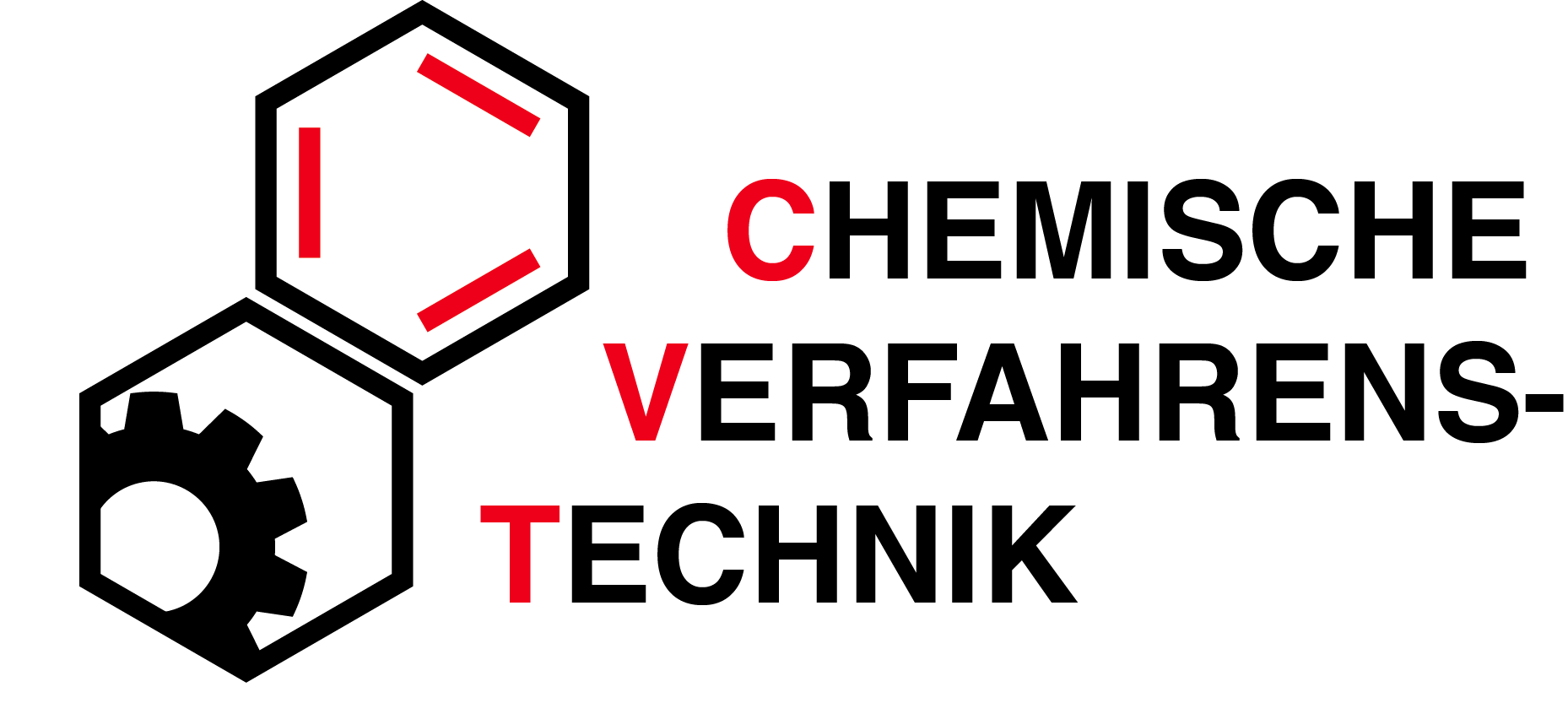NMR analysis of mass transfer in Fischer-Tropsch synthesis.
NMR analysis of mass transfer during Fischer-Tropsch synthesis.
I characterize the mass transfer properties of porous support structures (pellets) for catalysis of Fischer-Tropsch synthesis (FTS) using NMR spectroscopy. This involves saturating the pellets with liquids (hexane, dodecane, water) that are also products of FTS and then studying the behavior of these liquids in the pores. On the one hand, relaxation measurements are used to characterize the interactions of the liquids with the pore walls. On the other hand, Pulsed Field Gradient (PFG) measurements can be used to characterize the diffusion behavior of the molecules in the pores and thus provide information about mass transport during the reactions by measurements at room temperature. The special feature of my measurements is that I am using a mixture of the two immiscible liquids dodecane and water (which is also to be expected in FTS) to study bimodal pellets and want to gain insights into how well the transport pores added to improve mass transfer are suited for this purpose.


